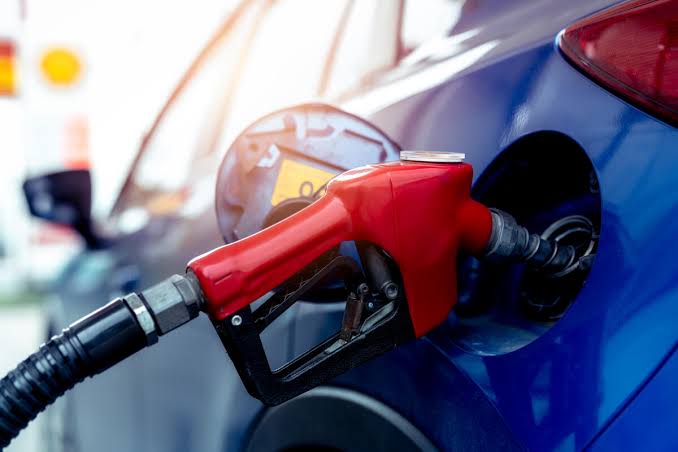The United Arab Emirates (UAE) has announced changes in fuel prices for February. The cost per liter for Super 98 will increase by 2.1% to Dh2.88, Special 95 will rise by 1.8% to Dh2.76, and E-plus 91 will see a 1.8% increase to Dh2.69. On the other hand, diesel prices will decrease by 0.3% to Dh2.99. These adjustments reflect the fluctuating trends in the global oil market, impacted by geopolitical tensions and demand-supply dynamics.
The UAE adopted a liberalized fuel pricing approach in 2015, allowing prices to align with the international market. During the COVID-19 pandemic in 2020, the fuel prices were frozen, but the controls were lifted in March 2021 to reflect market movements once again.
The recent surge in oil prices globally has been influenced by tension in the Middle East, particularly with Houthi rebels attacking ships in the Red Sea. The ongoing conflict in the Israel-Gaza region, initially raising crude prices in October, later saw fluctuations based on demand concerns.
The Organization of the Petroleum Exporting Countries and its allies (OPEC+) are continuing with voluntary oil output reductions until the end of the first quarter of 2024. Led by Saudi Arabia and Russia, the alliance aims to balance the market amidst worries about future fuel demand. Saudi Arabia, the world’s largest oil exporter, is maintaining a voluntary output cut of one million barrels per day until the end of March. Russia is expected to deepen its cut to 500,000 barrels per day, extending it until the end of the first quarter of 2024. In total, the group has announced supply reductions of about 2.2 million barrels per day for the first quarter.
These factors contribute to the complex dynamics influencing fuel prices in the UAE and globally, as nations navigate the delicate balance between economic growth, geopolitical tensions, and supply-demand considerations in the energy sector.


